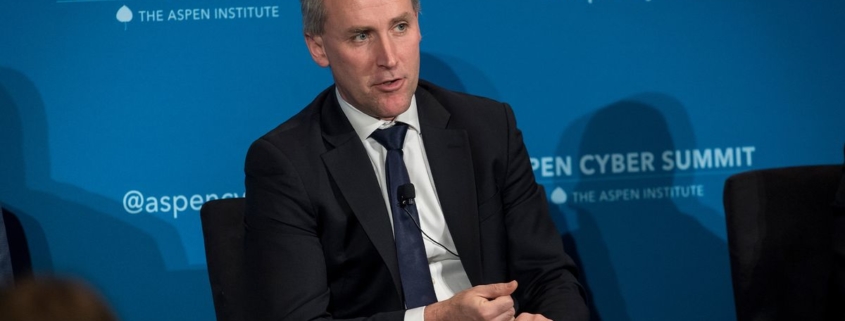Xi Jinping calls for China’s biggest military reorganization since 2015 – Firstpost
Chinese President Xi Jinping. Source: AP
As cyber warfare between China and the United States intensifies, Chinese President Xi Jinping ordered what is being touted as the biggest reorganization of the nation’s military since 2015.
With an intention to expand its military capabilities, China terminated the Strategic Support Force and in turn created a new branch called the Information Support Force. This provides China with the ability to bolster its capabilities in several areas including cyber warfare, Xinhua News reported.
It is important to note that Beijing’s now-terminated Strategic Support Force was created more than eight years ago with the aim of enhancing capabilities in space, cyber, political and electronic warfare.
What’s new?
China’s defence ministry maintained that the aerospace and cyber units previously under the Strategic Support Force will now be organizationally parallel to the newly created Information Support Force.
The aerospace unit is expected to improve China’s capability to use space and step up the management of space crises.
While announcing the new re-organisation, Xi reiterated the Communist Party’s leadership over the army. The Chinese President insisted that the new force would provide “key support in coordinating the construction and utilization of the cyber information system.”
According to Xinhua, Li Wei, the political commissar from the now-defunct Strategic Support Force, will take over the same role with the Information Support Force.
Following the announcement, Li pledged to “resolutely” listen to Xi’s instructions. Bi Yi on the other hand was appointed the new commander of the new force.
The change amid a tense climate
The restructuring came as China continues to face off with the US in a fight for global influence with cyberwarfare emerging as a key battleground. Last month, the US, the UK and New Zealand accused China of sponsoring malicious cyber activity and targeting democratic institutions.
Interestingly, the disappearance of the previous commander of the Strategic Support Force Ju Qiansheng, has led to a rise in speculations about the growing turmoil within China’s military leadership.
While Ju recently appeared in the…




